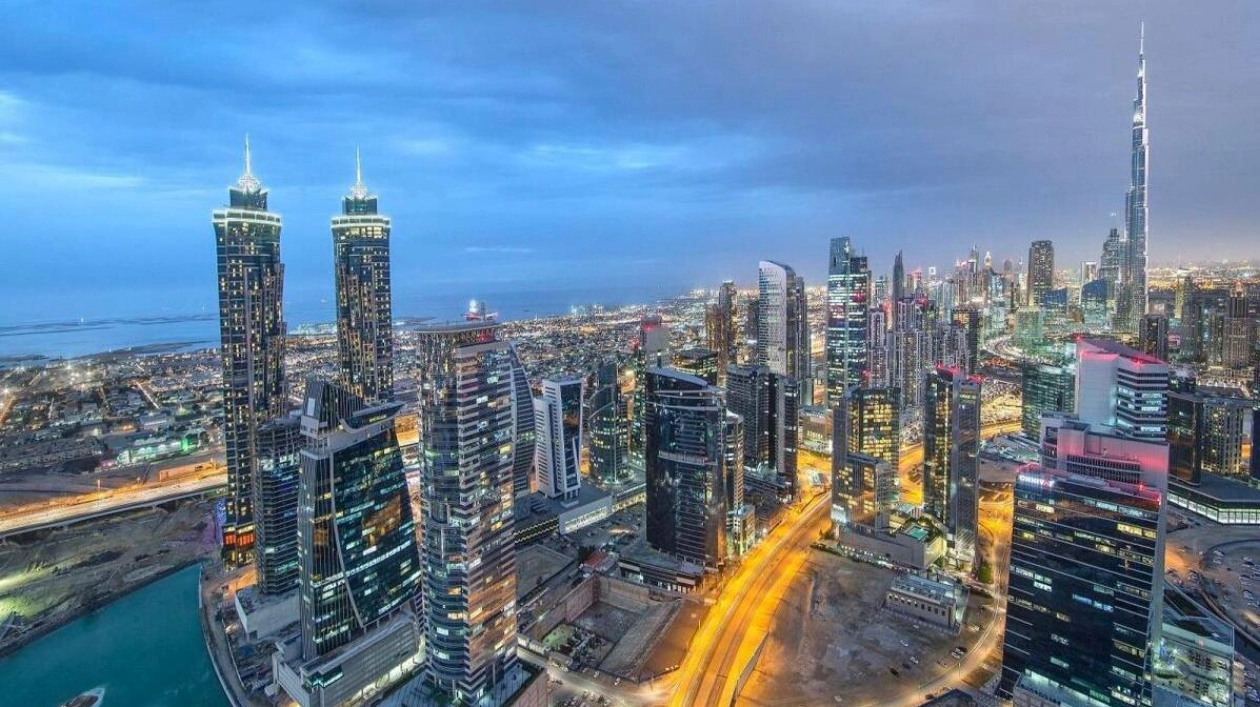Dubai has climbed three spots to rank as the 15th most costly city for global workers, as per the newest report from Mercer. The surge in living expenses in this financial hub is largely due to escalating property rents, which have spiked post-pandemic. Mercer's 2024 Cost of Living City Ranking highlights that three-bedroom properties saw a 15% hike in rents compared to the previous year, with a 21% increase from 2023 to 2024, one of the steepest rises globally. Mercer's analysis indicates that soaring housing prices worldwide pose challenges for employers in managing talent mobility. Fluctuating inflation is diminishing the buying power of expatriates and straining their compensation packages, complicating the attraction and retention of top talent and inflating compensation and operational costs. Mercer's global mobility leader, Yvonne Traber, noted that high living costs may lead expatriates to modify their lifestyles, reduce discretionary spending, or even struggle to cover basic needs. Asteco's data shows that rents have doubled in some popular areas like Jumeirah Islands and Palm Jumeirah post-pandemic due to an influx of foreign workers. The survey, encompassing 226 cities worldwide, evaluated the costs of over 200 items in each city, including housing, transport, food, clothing, household items, and entertainment, with New York as the base city and currency movements against the US dollar. Other contributors to Dubai's rising cost of living include groceries and personal care items, with increases in prices for eggs, olive oil, and coffee, but decreases in petrol, haircuts, and jeans. In the Middle East, Tel Aviv ranks 16th, followed by Abu Dhabi (43), Riyadh (90), Jeddah (97), Amman (108), Manama (110), Kuwait City (119), Doha (121), and Muscat (122). Globally, Hong Kong tops the list, followed by Singapore and Swiss cities Zurich, Geneva, and Basel. Meanwhile, Abuja and Lagos in Nigeria, along with Islamabad in Pakistan, are the least expensive cities for international employees.

Text: Lara Palmer
18.06.2024
Rising Property Rents and Inflation Impact Cost of Living in Dubai, Mercer's 2024 Report Reveals





